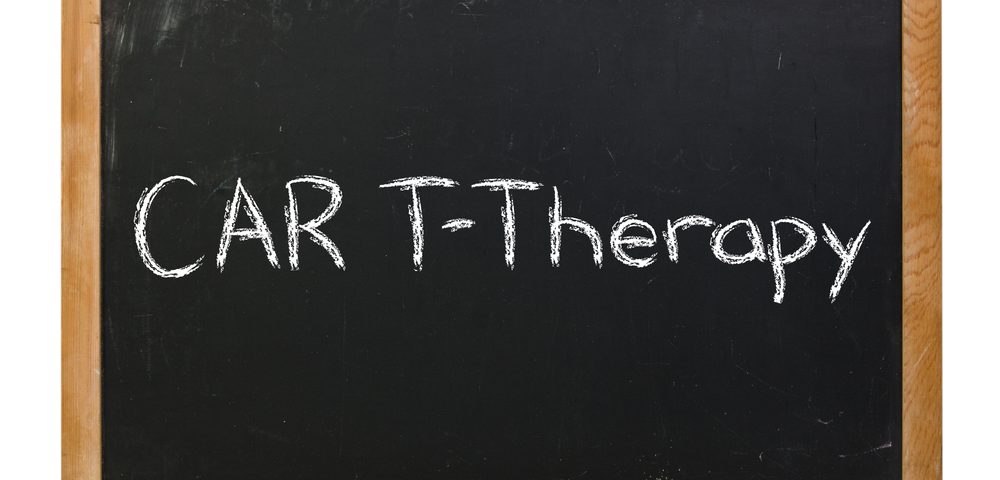Poseida Therapeutics’ CAR T-cell therapy P-PSMA-101 eradicated a previously incurable type of human prostate cancer implanted in mice, the company reported.
Another CAR T-cell therapy that has reached doctor’s offices has failed to counter the cancer, researchers said. The implication was that the improvements Poseida has introduced make a difference.
Poseida’s founder and CEO, Eric Ostertag, presented the findings of the preclinical-trial study at the 24th Prostate Cancer Foundation Annual Retreat in Washington. It started Oct. 5 and ends Oct. 7.
“We are impressed that P-PSMA-101 was able to eliminate tumors beyond the limit of detection using an aggressive cancer cell line that was previously incurable with other treatment modalities,” Ostertag said in a press release.
The PSMA part of the product name is short for prostate-specific membrane antigen — a molecule found on the surface of most prostate cancer cells. P-PMSA-101’s genetically modified T-cells target this molecule to fight the cancer.
CAR T-cell therapy involves using a patient’s immune T-cells to fight cancer. The first step is harvesting T-cells from a patient. Medical professionals genetically alter them so they can fight a cancer better and multiply them before injecting them back into the patient.
Poseida has made changes in the way the T-cells are engineered. It has also introduced modifications that make the cells easier to manufacture in the large numbers required for cancer treatment.
A key change is that T-cells it uses are mainly stem cell memory T-cells, or Tscms. These cells end up dominating the T-cell mix even if there are few of them in the cell soup gathered from a patient. Poseida researchers think Tscm cells make treatment responses particularly long-lasting.
The company is already testing a myeloma-adapted version of CAR T-cell therapy in a Phase 1 clinical trial.
“Consistent with findings from our CAR-T program in multiple myeloma models, it appears that a high concentration of stem cell memory T-cells and improved stability of the binder [the cells’ receptor] are resulting in unprecedented durability of response, without re-administration of treatment,” Ostertag said.

